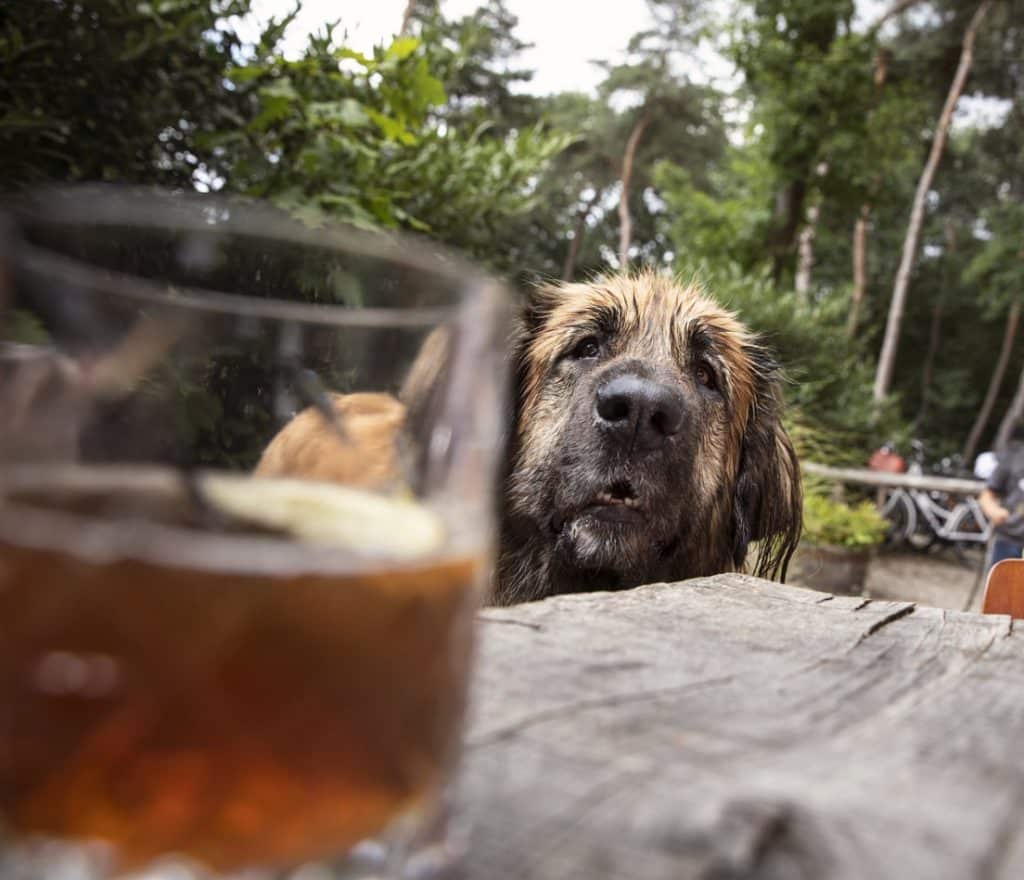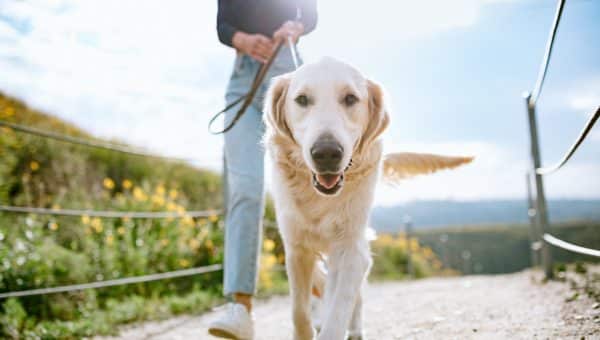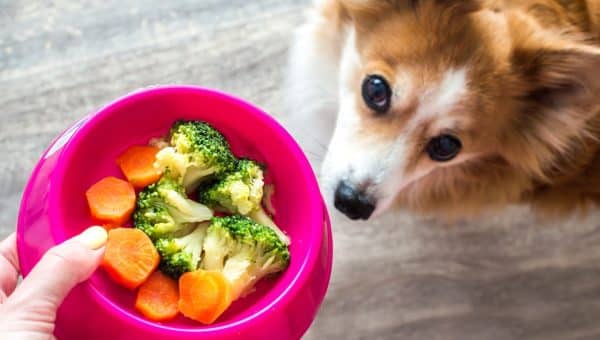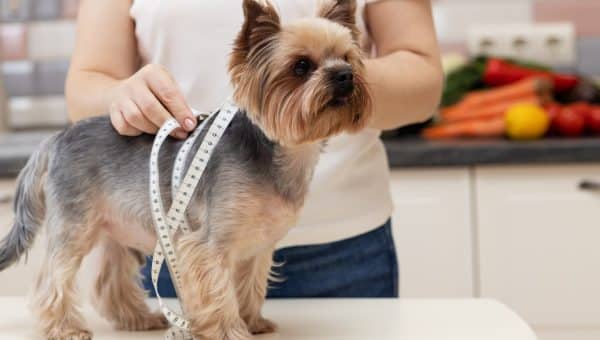- Not a substitute for professional veterinary help.
While humans can occasionally imbibe, the same can’t be said for our pups. Do not give your dog any kind of alcohol, including beer, wine, or hard liquor — even a lick of beer can prove toxic to dogs.
If your dog drinks alcohol, they can quickly develop alcohol poisoning. “Dogs are highly sensitive to the effects of alcohol. Even a small amount may lead to symptoms of intoxication,” reveals Dr Nell Ostermeier, DVM and veterinary spokesperson at Figo Pet Insurance. Pet parents should seek immediate veterinary assistance if their dog ingests any alcohol.
Let’s look at the effects alcohol can have on dogs and break down treatments for alcohol poisoning.
Why Is Alcohol Bad For Dogs?
While the human body has evolved to break down and process alcohol efficiently, our pups’ bodies have not. For dogs, Dr. Ostermeier says alcohol is absorbed faster and spreads quicker through the bloodstream. No matter the type, Dr. Ostermeier asserts all alcohol is bad for dogs, including:
- Beer
- Wine
- Cocktails
- Liquor
- Fermented bread dough
- Antifreeze
- Alcohol-based cleaning products
While oral consumption of alcohol is dangerous for dogs, they can also absorb it transdermally (aka through the skin), leading to the same outcomes.
What Are the Signs of Alcohol Poisoning in Dogs?
Alcohol intake can cause almost immediate symptoms in dogs and potentially contribute to longer-term health issues. In fact, research has shown alcohol can cause changes to the structure of a dog’s brain and lead to cardiovascular concerns. In a worst-case scenario, alcohol consumption in dogs can be fatal.
Additionally, Dr Ostermeier says alcohol ingestion leads to similar symptoms in dogs and humans. However, dogs don’t know what to expect and are affected quicker (30 minutes after intake).
Signs of alcohol poisoning in dogs include:
- Lethargy
- Mild staggering and incoordination
- Excessive drooling
- Vomiting
- Diarrhea
- Excess thirst
- Increased urination
- Dehydration
- Tremors
- Difficulty breathing
- Hypothermia
- Seizures
- Collapse
Lastly, she adds the amount of alcohol and the exact weight/size of your dog determine how fast they get alcohol poisoning.
When To See A Vet For Alcohol Poisoning
If your dog licks or drinks any alcohol, or you suspect they might have, contact your vet straight away. Never try to treat alcohol poisoning at home.
If it’s been less than 15 minutes since ingestion, Dr Ostermeier says the vet can induce vomiting to help remove the alcohol from your dog’s digestive system. Any longer, and Dr. Ostermeier says vets determine if the amount ingested is toxic and choose supportive care. If your dog’s staggering or disoriented, go right to the emergency vet.

iStock/AngelaBuserPhoto
5 Dog-Safe Drinks Your Pup Will Love
Instead of letting your dog drink half your beer, give or make them a dog-safe drink instead. For example, Dr. Ostermeier says “dog beers” have no alcohol and are mostly water and bone broth.
Other dog-safe liquid options include the following:
- Plain water
- Liquid treats
- Dog wine
- Craft sodas
How to Prevent Dogs From Drinking Alcohol
Even a small lick of alcohol can be toxic to dogs. So, while sharing is (usually) caring, never let your dog sip your favorite alcoholic beverage. However, your dog might accidentally ingest alcohol or something else toxic. Here’s how to prevent your dog from drinking or sipping alcohol.
- Keep bottles and cans on a high shelf to avoid spills
- Place open glasses with alcohol away from edges
- Stay up-to-date on hazardous cleaning materials
- Avoid alcohol-containing foods, like bread dough and chocolates





